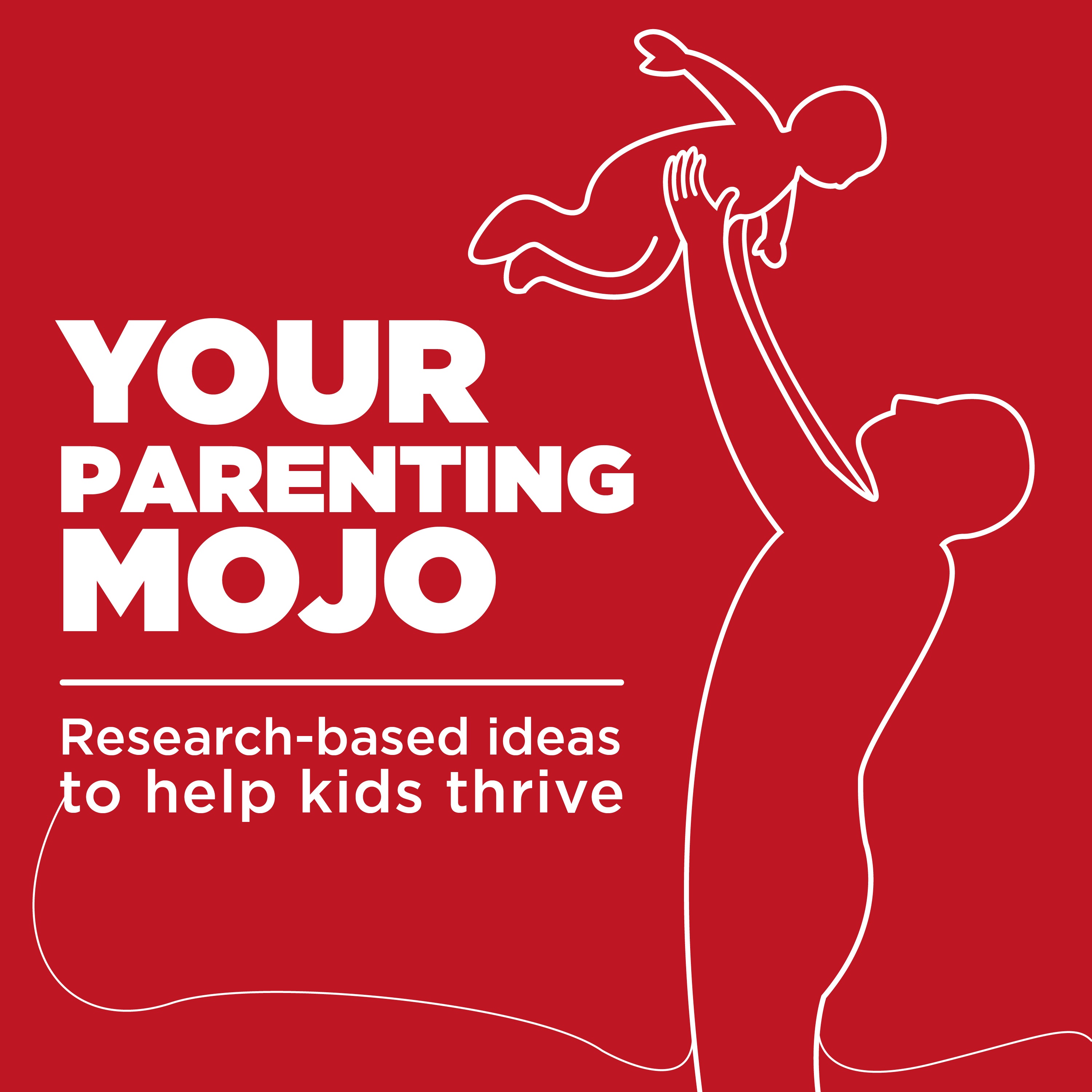054: Three reasons not to say Youre OK!

\u201cI hear parents on the playground all the time saying \u201cYou\u2019re OK!\u201d after their child falls over. Often it does make the child stop crying\u2026but doesn\u2019t it invalidate the child\u2019s feelings?\u201d\nIt turns out that this question is related to a skill that psychologists call emotional regulation, and learning how to regulate emotions is one of the most important tasks of childhood.\nThis to-the-point episode is a trial of a shorter form of episode after listeners told me this show is \u201cvery dense.\u201d It\u2019s hard to back off the density, but I can back off the length. Let me know (via email or the Contact Me, page \u2013 not the comments on this episode because I get inundated with spam) what you think\u2026\n\nOther episodes referenced in this show\nhttps://yourparentingmojo.com/parenting/ (How parenting affects children\u2019s development)\nhttps://yourparentingmojo.com/divorce/ (How divorce impacts children\u2019s development)\nhttps://yourparentingmojo.com/005-how-to-scaffold-childrens-learning/ (How to scaffold children\u2019s learning)\n \nReferences\nBrookshire, B. (2013, May 8). Psychology is WEIRD: Western college students are not the best representatives of human emotion, behavior, and sexuality. Slate. Retrieved from www.slate.com/articles/health_and_science/science/2013/05/weird_psychology_social_science_researchers_rely_too_much_on_western_college.html\nDuncan, L.G., Coatsworth, J.D., and Greenberg, M.T. (2009). A model of mindful parenting: Implications for parent-child relationships and prevention research. Clinical Child and Family Psychology Review 12, 255-270.\nKeane, S.P., and Calkins, S.D. (2004). Predicting kindergarten peer social status from toddler and preschool problem behavior. Journal of Abnormal Child Psychology 32(4), 409-423.\nKopystynska, O., Paschall, K.W., Barnett, M.A., and Curran, M.A. (2017). Patterns of interparental conflict, parenting, and children\u2019s emotional insecurity: A person-centered approach. Journal of Family Psychology 31(7), 922-932.\nRoemer, L., Williston, S.K., and Rollins, L.G. (2015). Mindfulness and emotion regulation. Current Opinion in Psychology 3, 52-57.\nRotenberg, K.J., and Eisenberg, N. (1997). Developmental differences in the understanding of and reaction to others\u2019 inhibition of emotional expression. Developmental Psychology 33(3), 526-537.\nSasser, T.R., Bierman, K.L., and Heinrichs, B. (2015). Executive functioning and school adjustment: The mediational role of pre-kindergarten learning-related behaviors. Early Childhood Research Quarterly 30(A), 70-79.\nSwain, J.E., Kim, P., and Ho, S.S. (2011). Neuroendocrinology of parental response to baby-cry. Journal of Neuroendochrinology 23(11), 1036-1041.\nTrommsdorff, G. (2010). Preschool girls\u2019 distress and mothers\u2019 sensitivity in Japan and Germany. European Journal of Developmental Psychology 7(3), 350-370.\n \nhttps://www.addtoany.com/add_to/facebook?linkurl=https%3A%2F%2Fyourparentingmojo.com%2Fyoureok%2Fandlinkname=054%3A%20Three%20reasons%20not%20to%20say%20%22You%E2%80%99re%20OK%21%22 ()https://www.addtoany.com/add_to/twitter?linkurl=https%3A%2F%2Fyourparentingmojo.com%2Fyoureok%2Fandlinkname=054%3A%20Three%20reasons%20not%20to%20say%20%22You%E2%80%99re%20OK%21%22 ()https://www.addtoany.com/add_to/pinterest?linkurl=https%3A%2F%2Fyourparentingmojo.com%2Fyoureok%2Fandlinkname=054%3A%20Three%20reasons%20not%20to%20say%20%22You%E2%80%99re%20OK%21%22 ()<a class="a2a_button_email" href="https://www.addtoany.com/add_to/email?